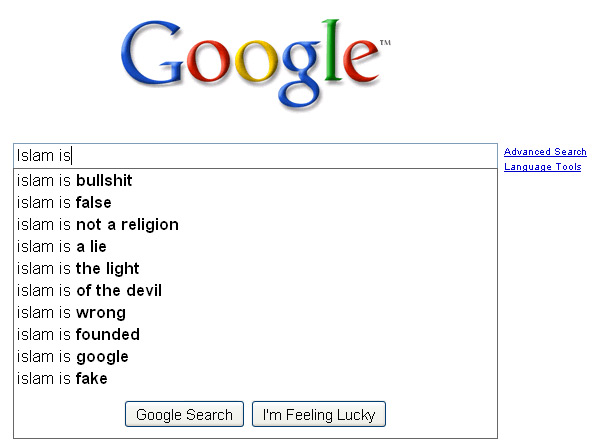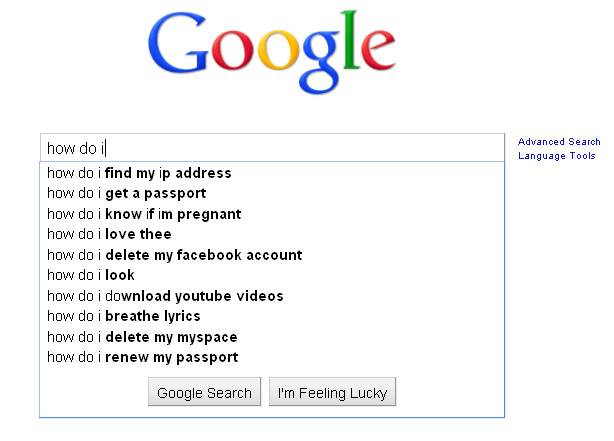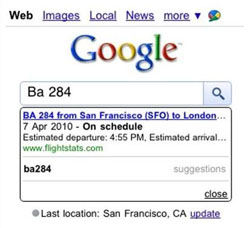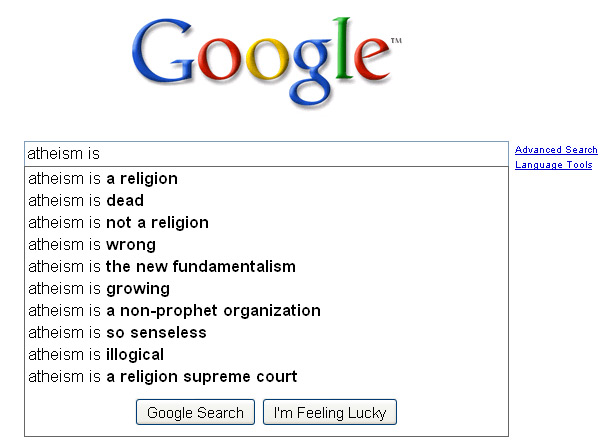Back in April, Google was sued (again) over something that’s really not their fault.
Or is it?
Several French anti-discrimination groups, including SOS Racisme, accused Google of “creating probably the greatest Jewish history file ever,” and said that French Google users were “confronted daily with the unsolicited association” of popular figures with being “Jewish” or “a Jew.”
And today, the AFP is reporting that Google has reached a deal with these groups under legal mediation.
So, how exactly is Google labeling people who are not Jewish as Jewish? They aren’t really – but their autocomplete feature is. For example, French Predident François Hollande was one of the figures named in the proceedings as being tagged with “Jewish” by Google’s autocomplete feature.

Of course, Google isn’t back there tinkering with their suggestions and manually pairing François Hollande with “Jewish.” Google’s autocomplete suggestions are the result of an algorithm that takes into account various data points like popular searches from across the web and personalized user activity. Here’s how Google explains it:
As you type, Google’s algorithm predicts and displays search queries based on other users’ search activities and the contents of web pages indexed by Google. If you’re signed in to your Google Account and have Web History enabled, you might also see search queries from relevant searches that you’ve done in the past.
Predicted queries are algorithmically determined based on a number of purely algorithmic factors (including popularity of search terms) without human intervention. The autocomplete data is updated frequently to offer fresh and rising search queries.
Although “human intervention” is rare, it exists. Google will manually exclude certain autocomplete suggestions rooted in “pornography, violence, hate speech, and copyright infringement.” Just go to google and type “The Dark Knight torrent” or “Kim Kardashian porn” and you’ll see this in action.
But the French plaintiffs felt that Google was at fault for their autocomplete results. Here are the results of the deal, according to a Google France spokesman,
“Google supports education and information against racism and anti-Semitism…together with the associations, we will develop and promote projects aimed at increasing the awareness of Internet users to values of tolerance and respect.”
The deal is still under wraps, but it definitely involves working with the French anti-discrimination groups on “public education projects.”
I made the case for Google when I first reported on this lawsuit in April. The autocomplete suggestions are derived from an algorithm and simply reflect a term’s popularity online. For instance, look what happens when you search for “Obama is”:

Should Google have to go in and manually extract these suggestions? In the case of the word “Jewish,” I concede that it’s a little tricky. Labeling someone a “Jew” is still a negative in the eyes of some people, so I can see why the French activists take issue with it. But does “Jewish” necessarily equate to “hate speech?” Not on its own.
But Google has removed autocomplete results in the past, even if they weren’t pornographic, violent, or hateful. In December of 2011, Google had to pay a $65,000 fine because an autocomplete suggestion tagged a French insurance company with the word “esroc,” meaning “crook.”
Still, it’s unclear whether Google will manually remove the “Jewish,” suggestions – just that they have reached some sort of deal. Should Google be liable for what already exists on the web? Thoughts?










